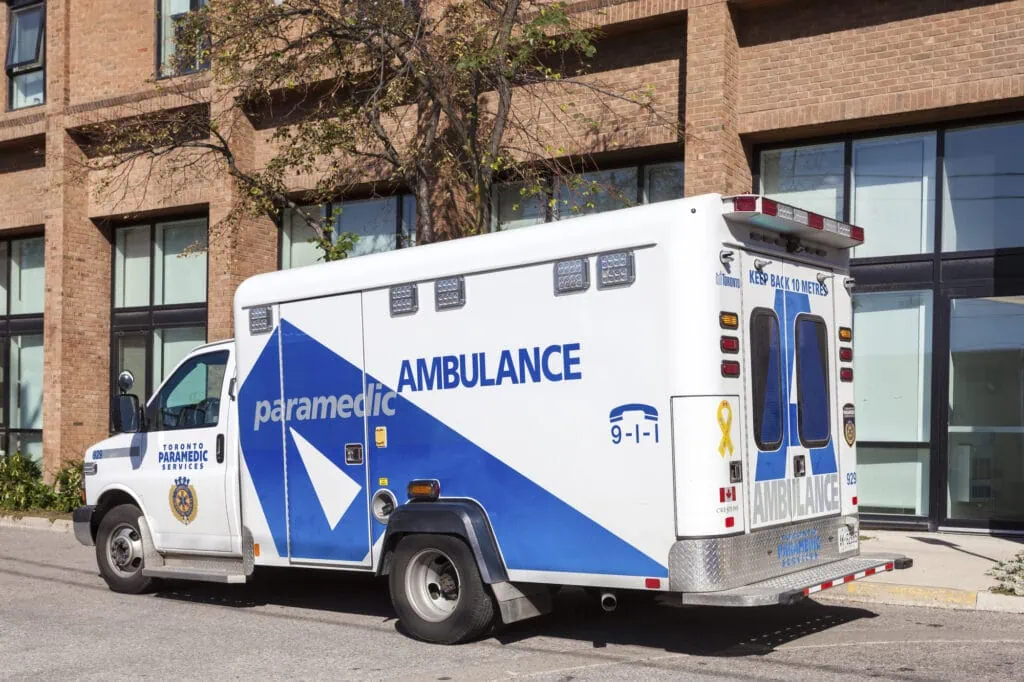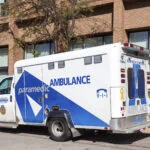Why is Polysubstance Use so Deadly?
Drug and polysubstance overdoses in Canada and the United States are skyrocketing. Since the National Institute on Drug Abuse and the Center for Disease Control started tracking drug overdoses in the U.S., the rates have almost consistently gone up year-over-year. 2023 was no exception; sadly, the numbers show no signs of going down. Canada is experiencing similar increases in overdoses and polysubstance abuse.
So, what’s happening? Why are drug overdoses becoming so frequent? What role does polysubstance use play, and how can you help your loved one that you suspect might be dealing with polysubstance drug abuse?
What is Polysubstance Use?
According to the Centers for Disease Control (CDC), over half of drug overdose deaths in the United States involved polysubstance use. In Canada, “57% of accidental poisoning deaths were from polysubstance abuse.” This is a considerable increase over 2014, where only 39% of deaths were from polysubstance abuse, according to the Canadian Centre on Substance Use and Addiction.
Polysubstance use is when someone consumes multiple drugs at once or within a short period of time. Often, this is done intentionally, passively, or accidentally. For example, someone might take a substance and, a few hours later, take a different substance that interacts with the remaining chemicals in the body. They may have thought that the initial drug would be out of their system by then or could have simply forgotten.
Others may purposefully take multiple drugs at once with the intent of achieving some sort of feeling or mental state. However, a great deal of polysubstance may be unintentional. Often, people fail to recognize that things like over the counter drugs (OTCs) can dangerously interact with other substances. Alcohol is known to frequently interact with medications, causing risky or even lethal effects.
The danger of drug interactions is one of the reasons that many legal medications come with a massive list of side effects and warnings. Doctors will often ask for a complete accounting of drugs and medications a patient is already taking before deciding about which ones to prescribe. This is because drugs are a complicated business, and there are many possible side effects of combining substances, even perfectly legal and lab-tested ones.
However, when you start adding illicit substances, the situation becomes much more dire. This is often because illegal drugs (also called “street drugs”) are entirely unregulated. Meaning, you may be taking what you think is one drug, but it’s “cut” (or combined) with another. Or, realistically, it could be an entirely different drug altogether as there is no reasonable expectation of quality control when buying drugs off the street.
The Dangers of Mixing Substances
Different drugs do different things. Stimulants, for example, increase your heart rate and make you feel energized. Depressants decrease brain processing speed and reduce breathing rate. Combining them creates an unpredictable and chaotic response that can be dangerous, if not fatal. Combining stimulants together can lead to things like cardiac arrest while combining depressants can cause someone to pass out or completely stop breathing.
This problem only increases when taking illegal street drugs. When you can’t be sure of what’s actually in the substance, the capacity to overdose or mix different types of chemicals becomes incredibly dangerous. Drugs alone are often hazardous, but combining them can lead to severe injuries, overdoses, and fatalities. As we see a nationwide increase in drug use, it makes sense that we also see a subsequent rise in polysubstance abuse. Because of the nature of mixing drugs, overdoses are naturally increasing both in frequency and severity in Canada, the United States, and all around the world.
What To Do If You Suspect a Loved One is Mixing Drugs
It can be terrifying to know that someone you care about is dealing with a substance use issue. It can be even scarier if you suspect that they might be dealing with polysubstance use. Here are some of the first steps to take to support them.
Help Them Get Educated
Many people, including those who are actively using drugs and alcohol, aren’t aware that mixing substances carries a perilous risk of complications and overdose. If you think your loved one might be using, and especially mixing medications, ask them if they would like to learn with you. Learn together what can happen if drugs are mixed and how to avoid overdosing or poisoning. Additionally, inform friends and family on how to handle a suspected overdose. Encourage everyone to learn from a person with formal training and education, who can not only speak to polysubstance use, but also answer further questions.
Check In With Them
Find the courage to talk to them and explain that you care about them and want to make sure they stay safe. Rather than telling them to “Stop,” ask them if they know what they are using and if they know how to access help if they need it. Compassion and understanding are always more helpful than fear and punishment.
Find Resources
There are plenty of resources available for those navigating substance use, and many of these resources can be lifesaving in the event of an emergency. If you suspect someone in your life may deal with polysubstance use or is likely to overdose, look into getting some kind of Naloxone kit.
Opioid overdoses account for a significant number of deaths worldwide. Opioid-reversing medications can counteract the effects of an opioid overdose and provide the individual enough time to get to the hospital. Many hospitals and pharmacies provide Naloxone for free or at a low price.
Talk to Them About Treatment
Starting the recovery journey alone can be very difficult. Even with a supportive family, abstinence can often be challenging. As much as you may care about seeing your loved one get help, it can be difficult to navigate early recovery. This is where a trained substance abuse counsellor comes in. They can help those with polysubstance addiction with the exploration and resources needed for someone to get to where they want to be.
Get Help With Polysubstance Abuse Today
The best time to get support for polysubstance abuse is before an overdose. If you live in British Columbia and are interested in learning more about obtaining help for yourself or a loved one, contact Hard Road Counselling today. We have the experience, education, and empathetic approach needed to help you create a life of wellness and recovery.







